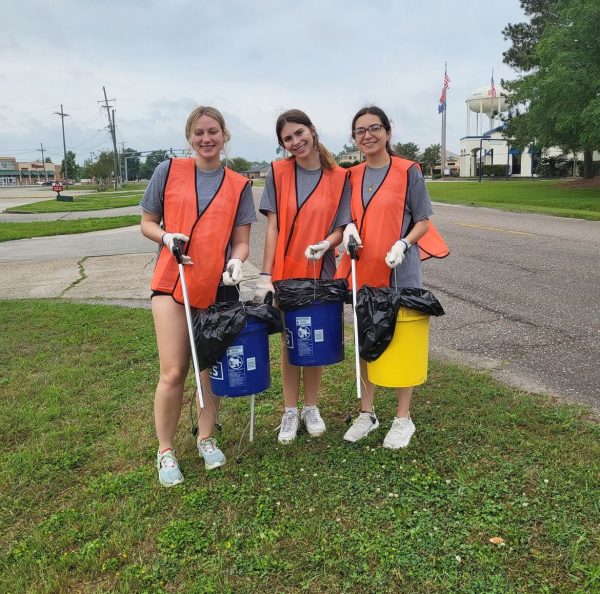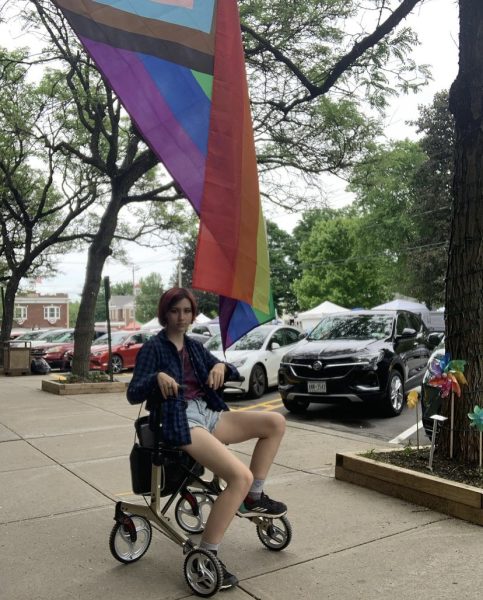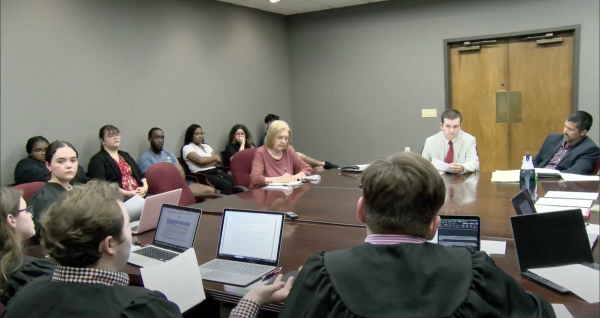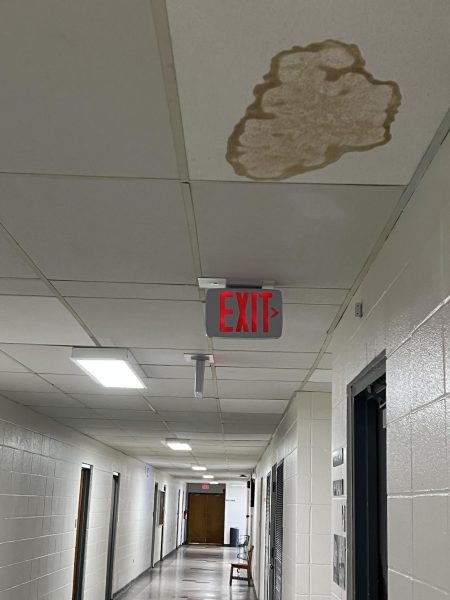University takes closer look at preventing sexual assult
Nicholls State University is taking a closer look at the ways it keeps its students safe and informed on campus as 101 universities across the nation are being investigated for the way they are handling rape and sexual assault cases on their campuses.
These universities are in violation of the Title IX Act, the civil rights law prohibiting sexual discrimination in education and the Clery Act that requires universities to disclose information about crimes on campus. In the Apr. 21, article “College Presidents Are Still In Denial About Sexual Assault On Campus, Survey Finds” in the Huffington Post, it’s reported that 101 universities are under investigation for how they handled sexual assault on their campuses, a number that has doubled since last May. No universities or colleges in Louisiana were listed.
“There’s a way we do business here in this department,” Nicholls’ Chief of Police, Craig Jacuzzo said, “and there’s a way I guess other places do business, but I’ll never understand why a university administration would ever want to get involved with a crime of that nature and keep it quiet.”
Jacuzzo said the Nicholls P.D. officers are repeatedly trained in how to handle sexual assault cases, and experienced counselors are brought in to help deal with the humanistic side of the crime. By law, the department is required to report every incident, but doesn’t handle university discipline in the matter; Jacuzzo said they take it as far as the victim is willing when it comes to pressing charges.
“We let them make the decisions,” Jacuzzo said, “We know that as important as it is to make that arrest, the treatment and health of the victim is important. With us recognizing that, we immediately bring other resources into this.”
“It’s a powerful collaborative effort among several offices on campus,” said Michelle Caruso, dean of student services and Title XI coordinator. “It involves campus police, student services, counseling, judicial affairs and anyone else that needs to get involved.”
Caruso said the disciplinary actions taken are different depending on the victim’s choice of pursuing any and if the violators are repeat offenders. As Title IX coordinator, she reviews the choices the victims have far as reporting and support services offered.
“No matter how small they might think it is, we want them to come forward so we can provide them with direct support and safety, as well as maintain the health and safety of the entire campus and the rest of the students,” Caruso said.
The final decision for disciplinary action is made by Tommy Ponson, director of Student Life and Judicial Affairs.
“If someone was convicted of any crime in accordance with the law,” said Ponson, “that student is a clear and present danger, and threat to our community. Judicial affairs is strictly guided by a code of conduct and if that is violated, then they will go through the disciplinary process.”
Nicholls Security Fire Report states that in a sexual assault disciplinary hearing, the accuser and accused have the right to appear in court alone or accompanied by a family member or friend, and that both will be informed of the outcomes of the proceedings which can involve anything up to exculpation from the campus if found guilty.
According to Nicholls Police reports, the last reported rape offence here was in 2013 which resulted in suspension of the violator. But harassment and simple rape have been reported as late as last year, adding to the sexual assault study in 2007 data that 1 in 5 undergraduate women experience sexual assault while in college.
Sexual Assault Awareness Week draws on at Nicholls, keeping the conversation of student safety at the forefront. Two separate viewings of the Hunting Ground-a modern documentary addressing sexual assault and how they are handled on college campuses-were aired in in Le Bijou Theater on Monday, and on Wednesday night, the Take Back the Night Rally marched across campus to end sexual violence.
But the issue isn’t addressed solely in this week by Nicholls. Services are provided for victims through the Police department, and Student Services and an instructional self-defense course offered on campus throughout the year.
Sabrina Laurent, assistant director of Campus Recreation, is a certified instructor of the 12 hour Rape Aggression Defense (RAD) courses offered once a semester through Student Services Women’s Resource and Services Office at the Rec. Classes are held over a course of three days in four hour intervals to educate women on how to defend themselves in a dangerous situation.
“It’s not based in martial arts, though,” said Laurent. “It does have the feel, but the foundation is based on normal reaction when faced with a situation of deciding fight or flight.”
Along with self-defense, the course involves discussions on education on safety for everyday life, the meanings of consent, rape and sexual assault, and the personal choice to defend themselves. RAD classes for men available, but none are presently being held at the university for lack of an instructor.
With the combined services offered for rape and sexual assault here at the university, students say they feel comfortable.
Jailyn Smith, a freshman in business management, said she does know about the different types of support the university offers and if she suffered sexual assault or rape she feels comfortable reporting to the university.
“I would definitely go to the Nicholls police to report something like that,” said Smith, “I would.”
Brooke Pizani, a public relations senior, said she would do the same.
“Compared to my community college, I feel safer here,” said Pizani. “Some bad stuff happened there a couple of times and I couldn’t even take night classes there because I was too scared, but I take night classes here and I walk back and I feel fine.”









![Nicholls Garrett Felix [#6] advances to first base after drawing a walk against Louisiana on April 2.](https://thenichollsworth.com/wp-content/uploads/2024/04/FelixWalk-at-UL-600x400.jpg)
